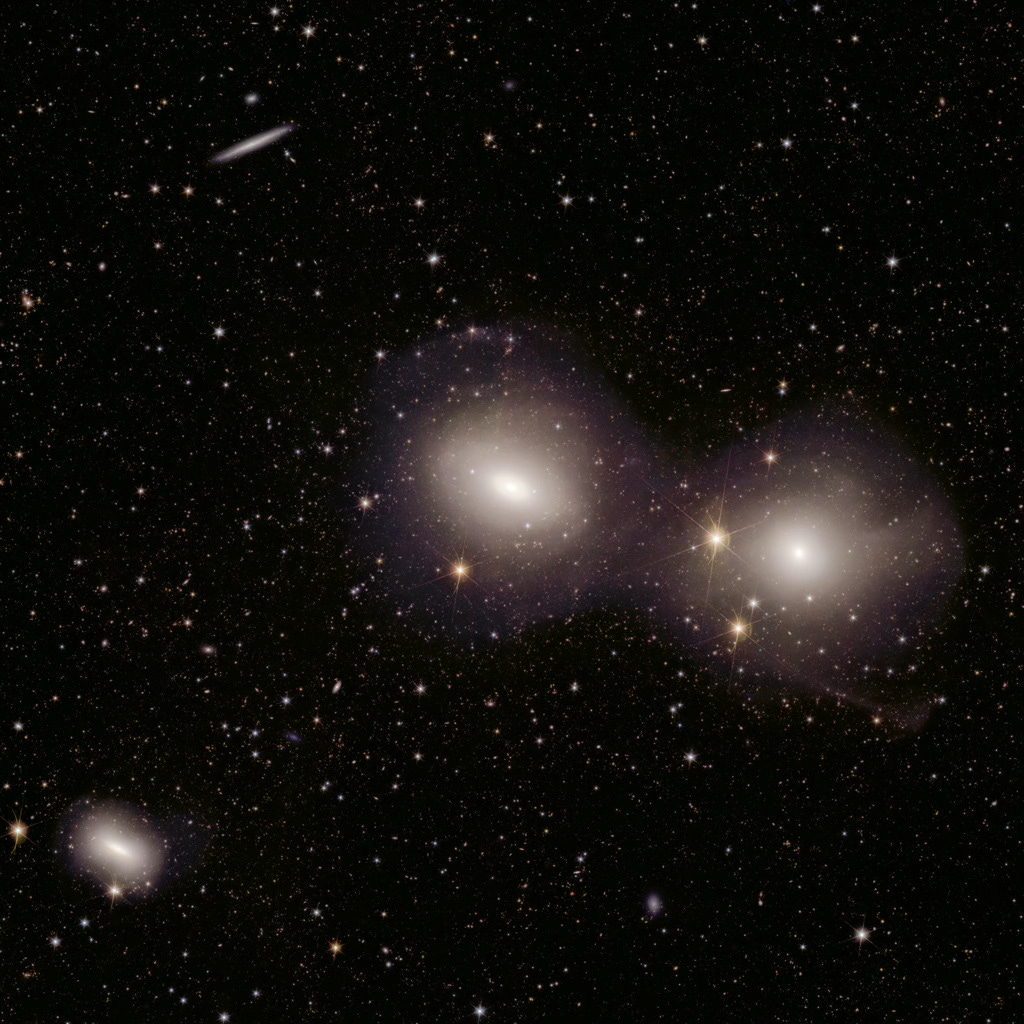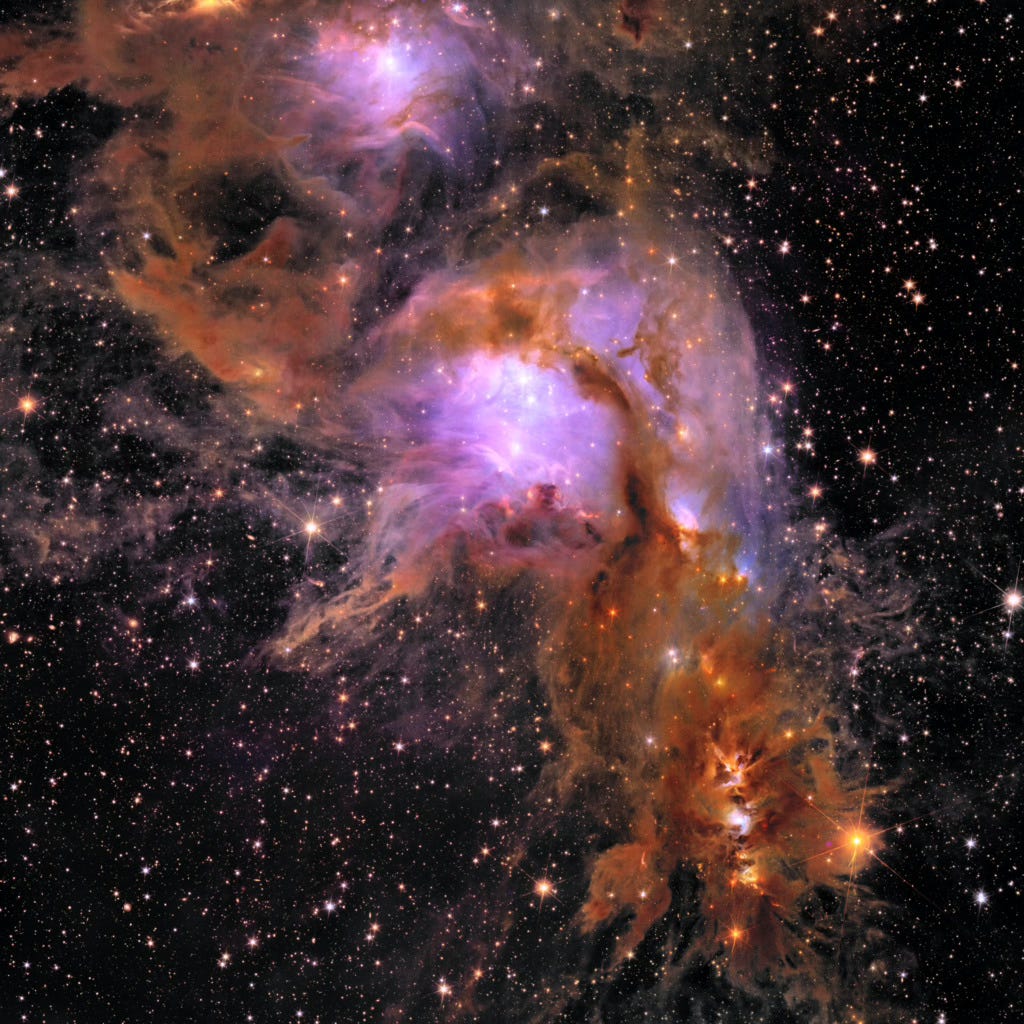Fiction: Jaipur and Euclid
Jaipur was nineteen when he discovered he had a rare form of leukemia called acute promyelocytic leukemia, or APL. It was a subclass of AML, or acute myeloid leukemia. In this leukemia, promyelocytes—a precursor to white blood cells—build up in the bone marrow. There is a genetic component. Genes on chromosome 15 change places with genes on chromosome 17, preventing the promyelocytes from maturing properly. Jaipur was up on the science of his disease. For his 21st birthday, he wanted the new recording of Vikingur Olafssan playing Bach’s Goldberg Variations. At fourteen, he had surprised everyone when he made a mathematical discovery unproven since Euclid.
In the past month, however, his health had declined. His favorite way of falling asleep was now remembering back to his early childhood in summer. Summers were the best. Summer is the Pavarotti of seasons, luxurious and yellow, he thought.
Tonight, he sat out in the backyard in his wheelchair, watching the yellow light on the nearby travertine mountain cliffs. He pondered the three levels of rock, which dissolved into two strata further south. There were patterns everywhere, he thought, both pattern and chaos. This was best represented, in his view, by Chopin’s Prelude No. 9 in F-sharp minor, which ultimately ends not in victory for one or the other but a truce. Was there anything in the universe that at some time would not make sense to humans if we lasted long enough? A deer approached suddenly from behind a bush into the final daylight with a rich Sienna brown fur coat, no longer the drab beige of winter. It was a young buck with new soft-skinned antlers. He made the mistake of moving his head, and the deer noticed, raising its large dark eyes from the ground and freezing as they always do. Then, moving on, and soon in a brisk canter. He was gone. A two-year-old?
Then, the sun was gone, too, and the mosquitos no longer appeared. He stroked his chin, realizing he hadn’t shaved for a few days. He was black-haired and skinny with patches of hair for a beard. Before his diagnosis, he had thought himself handsome. And he did have some modest recognition of his brilliance. The bird song quickly died down to just a couple, then none. He heard a car out on the highway. One final bird flourished in the oak tree nearby. Soon, the main program was the brilliant night stars out in the dark. Was he seeing the stars of this night or of nights of his boyhood summers?
They slept on the trampoline, and over the course of the night, they would slide into the middle, all bunched up like a spiral galaxy. He and his brothers talked of the Big Dipper and Orion’s belt. Then, his brothers fell silent. Were they still awake? Were they seeing what he saw?

He now vividly remembered the happy moments earlier this morning when he encountered the stunning new images from the Euclid Space Mission online. The close-up of a galaxy cluster sent high soprano notes into his imagination. It was as though he could zoom out there into the night sky on his own voyage. It was called the Dorado Group, one of the thickest galaxy groups in the southern hemisphere. The accompanying text to the pictures from the European Space Agency said you could see the galaxies evolving and merging “in action,” with shells and tails visible from the ongoing interaction between the galaxies. Dorado is a younger galaxy cluster because the stars are still forming and remain in the stage of interacting with one another. Some of the galaxies show signs of having merged recently. Relatively recently.
The Dorado Group lies 62 million light-years away in the constellation of Dorado, which is depicted as a swordfish.
Then there was the dust cloud nebula, Messier 78, a lovely image of silky Sienna, like the deer, and neon pink, like Tokyo nightlife. This was a nursery of new stars enveloped in a moving cloud of dust. How fast was it moving? What did that even mean for him on Earth?

These were the new close-up sights brought to us by modern science, which he could not see those summer nights as a child sleeping outside at night.
A bug was biting his bare arm, and he quickly smashed it with his weak hand. Was the bug’s life predetermined? Was his own? Was he just part of the stardust spinning and spinning in beauty and ease? How was he any different from the bug biting him or the young star forming in the nebula?
But he felt different. Indeed, it was so. He was aware of himself. He could understand Bach, and the bug could not. Had there really been any light on the mountain except that he saw it? Was there any difference between the galaxies except for what we humans made of them—humans with our great desire to map? Map the planet and now map the universe. Map the brain. Map picture and verse.
What do I matter?
Except if I break some mathematical frontier?
Do our daily tasks count at all? My brother gets excited about coding for a new app. What will this mean in the grand scheme of things? If I live, how could I ever be satisfied working on a tiny business that aimed to improve climate science? Yes, there is a bigger picture of the warming of the earth. But does that ultimately matter? The sun will soon become a red giant and swallow the earth in its furnace, its great magnetic personality. Humans will not ultimately survive. We talk of planet-hopping to escape death. Is it possible?
If he lived, would he make good money? Would he find a girlfriend? Did he want to buy a house and have a family? No. This he knew. No house. No family.
He lay his head back and began to drift into unconsciousness. Except it wasn’t unconsciousness. The first of the Goldberg Variations was playing in the background of his mind, and he could feel the fuzziness of his thoughts. But they were thoughts. Promyelocytes were turning into mature white blood cells. He could see them smiling as they did so. Tomorrow, he would talk to his mom about the blanket she was knitting. Who was it for? How long would it take? How did she know which stitch to choose?
He fell into a peaceful sleep. This day, at least, was done.
As far as we know, Jaipur never woke up.


